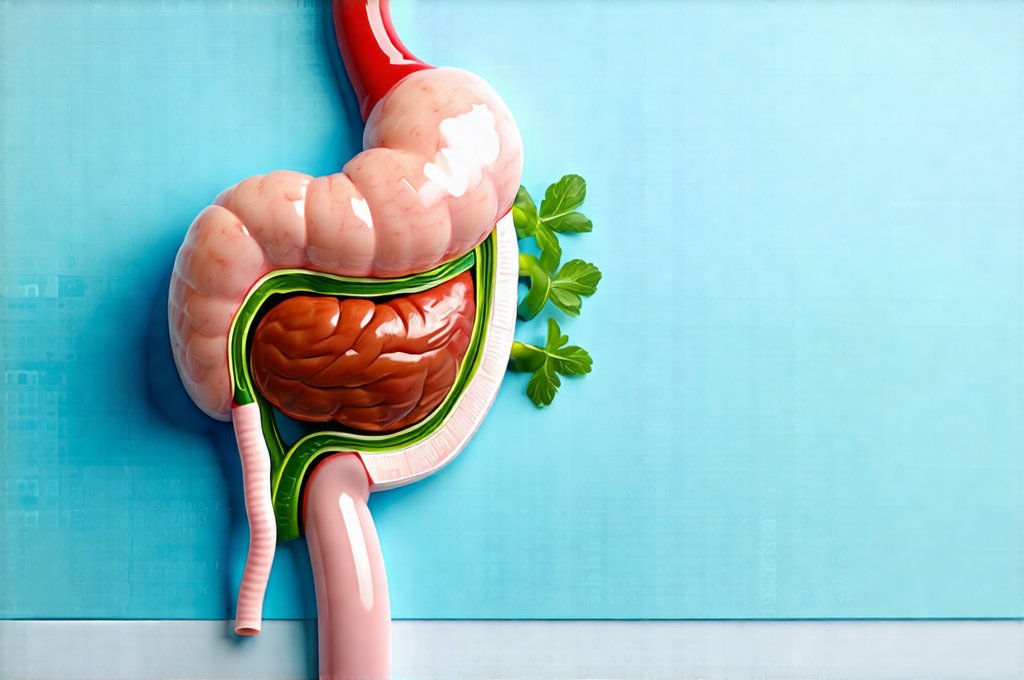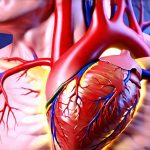Weight loss is often celebrated as a positive step towards improved health, associated with reduced risk for chronic diseases like heart disease, diabetes, and certain cancers. Many individuals embark on weight loss journeys hoping to feel better physically and emotionally, envisioning increased energy levels, enhanced mobility, and boosted self-esteem. However, what many don’t anticipate are unexpected consequences or the re-emergence of previously managed health concerns. It’s not uncommon for people who successfully lose weight to experience a surprising uptick in gastrointestinal issues, specifically symptoms resembling or indicative of Gastroesophageal Reflux Disease (GERD). This can be incredibly frustrating and confusing, leading individuals to question whether their lifestyle changes are truly beneficial.
The relationship between weight loss and GERD is complex and often counterintuitive. While obesity is frequently linked to increased acid reflux due to factors like increased intra-abdominal pressure, the process of losing weight itself can sometimes trigger or exacerbate these symptoms. This isn’t necessarily a sign that something went wrong with the weight loss; rather it highlights how intricately our bodies are interconnected and how changes in one area can impact others. Understanding why GERD symptoms might flare up after weight loss requires delving into the physiological adjustments that occur during this process, as well as potential lifestyle factors involved. It’s crucial to remember that everyone’s body responds differently, and what triggers reflux in one person may not affect another.
The Physiological Changes During Weight Loss and Their Impact on GERD
Weight loss isn’t just about shedding pounds; it involves significant changes within the digestive system and overall physiology. When individuals lose weight, especially substantial amounts or rapidly, several alterations can occur that potentially contribute to GERD symptoms. One key change is a decrease in abdominal pressure. While excess abdominal pressure often causes reflux, a sudden reduction can weaken the support structures around the lower esophageal sphincter (LES) – the muscle that prevents stomach acid from flowing back up into the esophagus. Think of it like removing a supportive brace; things may feel less stable without it.
Furthermore, changes in diet are almost always part of weight loss strategies. Many diets focus on reducing fat intake, which can slow gastric emptying—the rate at which food moves from the stomach to the small intestine. Slower gastric emptying means food stays in the stomach longer, increasing the likelihood of acid reflux. Conversely, some very low-calorie diets or those heavily reliant on fiber might accelerate gastric emptying, but also increase intestinal gas production, putting more pressure on the LES. The composition of your diet plays a crucial role – focusing solely on restrictive eating without considering digestive health can backfire.
Finally, losing weight alters hormone levels. Hormones like ghrelin (which stimulates appetite) and leptin (which signals fullness) are affected by changes in body fat. These hormonal shifts can influence gut motility and digestion, potentially impacting GERD symptoms. It’s important to remember that these physiological adjustments aren’t inherently negative; they are a natural part of the weight loss process. However, understanding them allows for proactive management and mitigation of potential side effects like reflux. Can gut focused eating may help to mitigate these side effects.
Dietary Considerations Post-Weight Loss
Diet is arguably the most significant modifiable factor when it comes to managing GERD symptoms after weight loss. Simply losing weight doesn’t automatically resolve digestive issues; in fact, a poorly planned diet can worsen them. – Prioritize easily digestible foods: Avoid overly processed foods, high-fat items, and those known to trigger reflux (e.g., citrus fruits, tomatoes, chocolate, caffeine). – Focus on smaller, more frequent meals: This reduces the volume of food in the stomach at any given time, lessening pressure on the LES. – Stay hydrated: Water helps neutralize stomach acid and promotes efficient digestion. However, avoid drinking large amounts of water with meals, as this can increase stomach distension.
Beyond what you eat, how you eat matters. Eating quickly without properly chewing food places a greater burden on your digestive system. Similarly, lying down immediately after eating increases the risk of acid reflux. A mindful approach to eating—slowing down, savoring each bite, and paying attention to fullness cues—can significantly improve digestion and reduce GERD symptoms. Consider consulting with a registered dietitian who can help you develop a personalized meal plan that supports both your weight management goals and digestive health. Can music or light may also support mindful eating practices.
It’s also important to be wary of fad diets or extreme dietary restrictions. While these might yield rapid results, they often disrupt the natural balance of the gut microbiome and exacerbate digestive issues. A sustainable, balanced diet based on whole, unprocessed foods is always the best approach for long-term health and well-being. How to recover after a flare up may be necessary if dietary changes worsen symptoms.
The Role of Muscle Mass and Exercise
The relationship between exercise, muscle mass, and GERD is nuanced. While regular physical activity is generally beneficial for overall health, certain types of exercise or changes in body composition can influence reflux symptoms. Losing weight often involves a combination of diet and exercise; however, the type of exercise matters. High-impact exercises like running or jumping can increase intra-abdominal pressure, potentially triggering reflux.
Conversely, building muscle mass—particularly core strength—can provide better support for the LES and help stabilize the diaphragm, reducing the likelihood of acid escaping into the esophagus. A stronger core acts as a natural “brace” for the digestive system. However, even certain strength training exercises can increase abdominal pressure if performed incorrectly or with excessive weight. – Focus on core strengthening: Exercises like planks, Pilates, and yoga can improve core stability without significantly increasing intra-abdominal pressure. – Choose low-impact cardio: Walking, swimming, and cycling are excellent options that minimize stress on the digestive system. – Avoid exercising immediately after eating: Allow at least two to three hours for digestion before engaging in strenuous physical activity. Can gut symptoms be seasonal may affect exercise tolerance.
It’s crucial to find a balance between staying active and avoiding exercises that exacerbate your GERD symptoms. Listen to your body and adjust your workout routine as needed. If you experience reflux during or after exercise, consider modifying the intensity, duration, or type of activity.
Lifestyle Adjustments and When to Seek Medical Advice
Beyond diet and exercise, several other lifestyle adjustments can help manage GERD symptoms post-weight loss. – Elevate the head of your bed: Raising the head of your bed by 6-8 inches can prevent stomach acid from flowing back up into the esophagus while you sleep. – Avoid late-night eating: Give your body at least two to three hours to digest food before lying down for the night. – Manage stress: Stress can exacerbate GERD symptoms, so find healthy ways to cope with stress, such as meditation, yoga, or spending time in nature. Can gut symptoms be a sign of burnout? – Quit smoking: Smoking weakens the LES and increases stomach acid production.
However, even with these adjustments, some individuals may continue to experience persistent or worsening GERD symptoms. It’s important to seek medical advice if: – Symptoms are severe or interfere with your daily life. – Over-the-counter medications don’t provide adequate relief. – You experience difficulty swallowing (dysphagia). – You have unexplained weight loss or vomiting. – You notice blood in your stool or vomit. Can gut issues start after trauma? A healthcare professional can evaluate your symptoms, rule out other potential causes of reflux, and recommend appropriate treatment options, which may include prescription medications, further diagnostic testing (e.g., endoscopy), or referral to a gastroenterologist. Can hormonal imbalance also contribute to these symptoms? Remember that GERD is often manageable with the right approach, and seeking help is a sign of strength, not weakness.


















